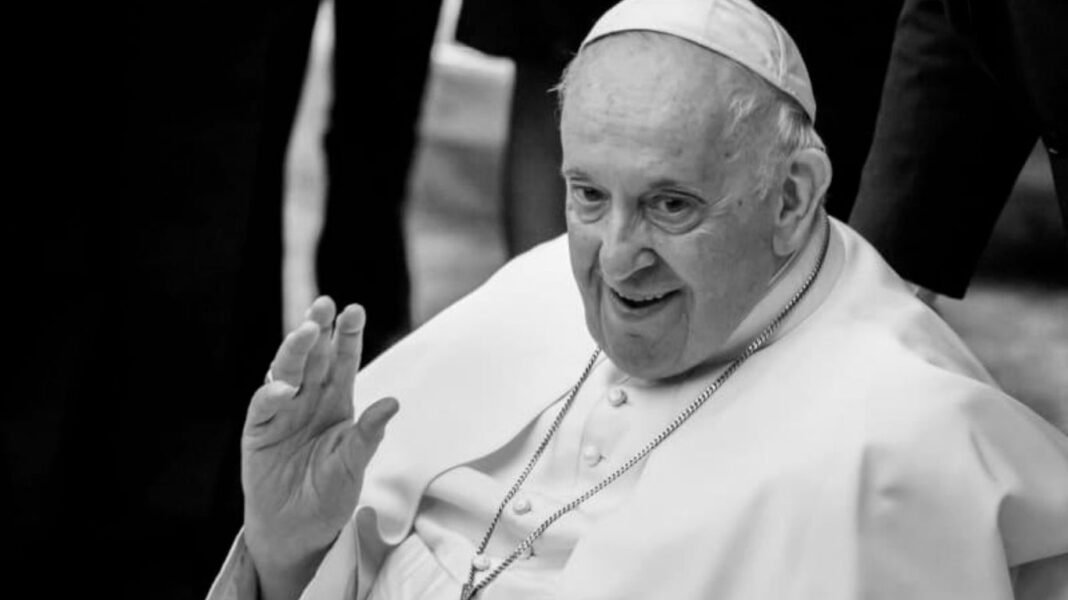
In a profound moment of sorrow for the global Christian community, Pope Francis, the beloved leader of 1.4 billion Catholics worldwide, has died at the age of 88. The Vatican Press Office confirmed that the Pope passed away peacefully on April 21, 2025, following health complications that had increasingly limited his public engagements in recent months.
Born Jorge Mario Bergoglio in Buenos Aires, Argentina, in 1936, Pope Francis was the first Jesuit pope, the first from the Americas, and the first non-European pontiff in over 1,200 years. He ascended to the papacy on March 13, 2013, following the resignation of Pope Benedict XVI, and quickly became known for his humility, progressive views, and relentless advocacy for the poor, marginalized, and displaced.
Pope Francis’ death marks the end of a transformative era in the Roman Catholic Church. He championed reform in the Curia, promoted transparency in Church finances, and took bold stances on global issues such as climate change, refugee rights, LGBTQ+ inclusion, and interfaith dialogue.
The pontiff’s landmark encyclical, Laudato Si’, was a call to action on the climate crisis, urging both the faithful and world leaders to take responsibility for protecting the planet. His papacy also saw attempts at addressing the deeply painful issue of sexual abuse within the Church, though critics argue there is still much work to be done.
The Vatican had not issued daily health bulletins in recent weeks, but insiders report that Pope Francis had been in declining health, suffering from complications related to his knee condition and other age-related issues. His final public appearance was at Easter Mass, where he appeared frail but determined to deliver his message of hope and peace.
Following news of his death, bells tolled across the Vatican, and mourners began gathering at St. Peter’s Square, lighting candles and offering prayers. The Holy See has announced that the Pope’s body will lie in state at St. Peter’s Basilica to allow the faithful to pay their last respects.
Tributes are pouring in from leaders and religious figures across the world. U.S. President, United Nations Secretary-General, and heads of state from across Europe, Asia, and Latin America have expressed deep sorrow and praised the Pope’s legacy as a man of peace, compassion, and unwavering moral clarity.
Indian Prime Minister, in a statement, said: “Pope Francis was a spiritual beacon for the world. His commitment to social justice and harmony will continue to inspire generations.”
With the Pope’s passing, the Holy See enters a period known as sede vacante — the seat of the papacy is vacant. The College of Cardinals will soon convene in a papal conclave to elect the next Pope. The decision, as per tradition, will be made behind closed doors within the Sistine Chapel.
Until a new Pope is chosen, the Camerlengo, currently Cardinal Kevin Farrell, will oversee the administration of the Church’s day-to-day affairs.
Pope Francis’ legacy is one of humility, reform, and deep spiritual outreach. Often referred to as “the People’s Pope,” he chose to live in the modest Domus Sanctae Marthae guesthouse rather than the Apostolic Palace. He famously washed the feet of prisoners and immigrants, embraced lepers and refugees, and consistently emphasized the need for a “Church of the poor for the poor.”
While his tenure faced criticism from traditionalist factions within the Church, many saw him as a bridge-builder, reaching out across faiths and ideologies in a polarized world.
Across continents, from churches in Latin America to cathedrals in Europe and missions in Africa and Asia, special requiem masses are being planned. World monuments, including the Colosseum, the Christ the Redeemer statue in Rio, and Empire State Building, are expected to go dark or be lit in white and yellow — the colors of the Vatican flag — in his honor.































